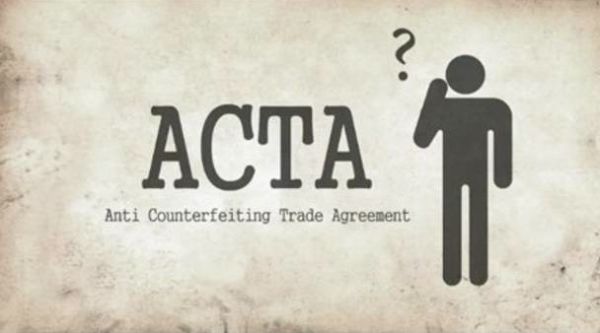Confusion Over ACTA Provisions Leads to Misinformation


Earlier this year, an IVN contributor reported that while the stated purpose of the ACTA treaty is to curtail international piracy of copyrighted material, in practice, it would be used to curtail speech, expression, and even Internet access. Furthermore, the article stated that, "for those that care about Internet freedom this news is a ray of sunshine."
Gathering factual information about the Anti-Counterfeiting Trade Agreement over the Internet, however, is a difficult task. Rather, much of the related content online is editorial commentary suggesting that freedom and liberties are at stake, but rarely do any of the commentators substantiate these concerns.
ACTA is a trade treaty. In order to be binding it needs to be implemented into the national law of each undersigning country; it is not self-executing. Accordingly, Section 1, Article 2 reads, “[E]ach party shall be free to determine the appropriate method of implementing the provisions of this Agreement within its own legal system and practice.”
A treaty, in general, has to accommodate many needs in the sense that it has to be compatible with the laws of the undersigning countries.
In short, to implement ACTA provisions, a country has to legislate in a manner that is congruent with its national laws. In the context of European law, a directive would have to be enacted and, in accordance with that directive, member states would implement the policy into their own laws.
Many provisions of ACTA resemble those of TRIPS, a European directive from 2004, and the KORUS Agreement. In other words, most European countries are already subject to rules and regulations proposed by that directive.
For example, the definition of intellectual property in ACTA resembles Part II of the TRIPS Agreement regarding copyrights, trademarks, geographical indications, industrial designs, patents, layout-design/integrated circuits, and protection of undisclosed information. An individual's idea or expression is not subject to the agreement.
Specifically pertinent to Internet issues is Section 5, Article 27. This section proposes civil and criminal enforcement procedures against infringement and copyright protection. Furthermore, this provision must be read together with its footnote, which suggests remedies against service providers. These suggestion, if implemented, could allow providers to monitor contents. However, the enforcement mechanisms described in Article 27 are not mandatory under ACTA. In fact, the footnote begins, “For instance, without prejudice to a Party's law,” indicating that it merely is an example, not a mandate.
All things considered, ACTA is not dead, nor is it alive. It merely reflects the current legal position and a road-map for future legislation. However, a criticism of ACTA is valid if it is considered in its full context. Why China is not one of the participating countries, for example, is a valid question and should be critically considered. On the other hand, while the ambitions behind the treaty are questionable, Internet groups that raise unsubstantiated hysteria should not be at the forefront of the discussion.



